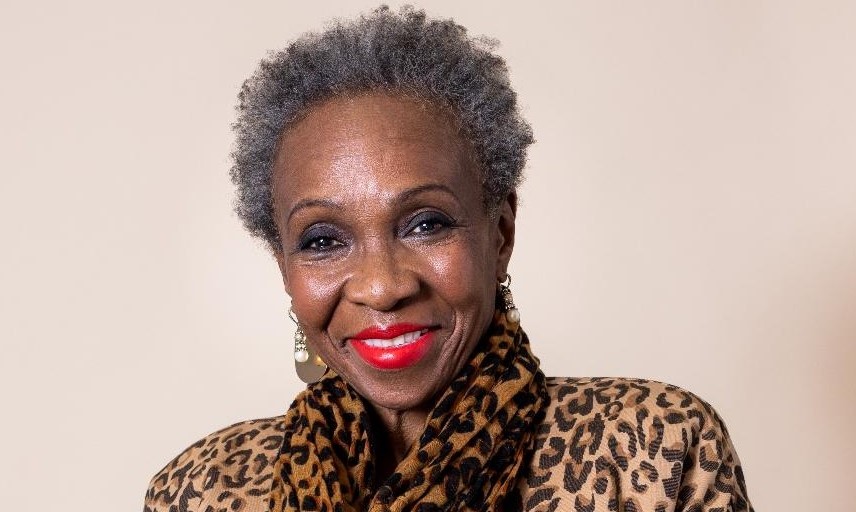Although white Minnesotans make up about 82% of the state population, they have received about 91% of all the state’s vaccinations, according to data released by the Minnesota Department of Health (MDH) on March 5.
The data release comes nearly a month after hundreds of University of Minnesota medical professionals, students and other organizations signed a petition addressed to Gov. Tim Walz and several other state officials calling for the department to prioritize Black, Indigenous and other people of color in the vaccine rollout.
Using the data
BIPOC people are exposed to and die from COVID-19 at disproportionately higher rates compared to white people. The petition called for distributing the vaccine to community organizations and centers and emphasized the direct engagement of trusted community leaders in the process.
“Vaccine distribution phases must recognize that prioritization by age alone exacerbates disparities and misrepresents the disproportionate toll of COVID-19 among Black, Native American, Asian, and Hispanic populations who are younger on average yet face higher risk of exposure and death,” the petition said.
Because the first phases of the vaccine rollout focused on vaccinating those working or living in healthcare facilities or long-term care settings, much of the data reflects that, Kristen Ehresmann, director of the Infectious Disease Epidemiology, Prevention and Control Division at MDH said.
Of all Minnesotans aged 65 and older, 95% of them are white, Ehresmann said.
Ehresmann said MDH could address the gaps in vaccine distribution and work to eradicate them by collecting this data.
“We want to make sure that we’re not only addressing issues of access but also acknowledging that there’s some legitimate hesitancy in those populations [of color] that we need to work with them on,” she said.
Part of the department’s plan involves partnering with 30 different media organizations around the state, including outlets that broadcast or publish information in different languages, to disseminate information about the vaccine, she said. They also plan to expand vaccine distribution to various community clinics around the state and will have some mobile vaccine units.
Addressing disparities
Dr. Mary Owen, the director for the Center of American Indian and Minority Health at the University of Minnesota Medical School and member of the Tlingit Nation, has been vocal about the need to prioritize people of color in the vaccine rollout, especially in vulnerable populations, like people experiencing homelessness and those in prisons.
Owen signed the February petition for MDH to make data related to race and ethnicity readily available for public review.
“It brings me to tears sometimes when I look at the COVID-19 dashboard for the state of Minnesota, and the Native people are 50% higher than all other populations … It doesn’t take a genius to recognize the inequities there,” Owen said. “We already have bad health disparities, so we knew this was going to happen … but why does it continue to happen? Why are we not addressing the social determinants of health that we also know are barriers to people having good access to healthcare and good healthcare outcomes?”
Establishing trust
Because community healthcare providers are often trusted resources for the communities they serve, it is important they are some of the first places vaccines are distributed, said Jewelean Jackson, the former governing board chair for the University’s Community-University Health Care Center.
Jackson said historical abuse, rape and trauma that white doctors inflicted on Black and African-American people have made many fearful of medical providers. In 2019, the Centers for Disease Prevention and Control found that Black women are three to four times more likely to die from pregnancy-related causes than white women. Black patients are also less likely than white patients to receive pain medication.
Before getting her vaccine last month, Jackson had promised her daughter she would not get vaccinated for fear of dying after receiving medical treatment. When her daughter found out that Jackson changed her mind, Jackson said her daughter was distraught.
“She was distraught, almost in tears. You know, ‘Mother, I want you to live a long time. These white folks are gonna kill you’ and ‘You don’t know what’s in the vaccine,'” she said. “It’s been a little surprising to me because one would think that for folks that feel that level of intensity, it would be us old folks because we were the ones [involved in] the civil rights movement … I mean, there’s really this fear of the system.”
Without the community’s trust and a system in place to provide culturally and linguistically relevant care, Jackson said it is much harder to ensure the equitable distribution of the vaccine.
“It’s even more of an issue if you’re already thinking that you’re less than, that you’re a second class citizen,” she said.
Srilekha Garishakurti contributed to this report.
Clarification: A previous version of this article misstated Dr. Mary Owen’s entire title. She is the director for the Center of American Indian and Minority Health at the University of Minnesota Medical School.




























Meat Eater
Mar 10, 2021 at 3:52 pm
if you are white and contract Covid, you are twice as likely to die from it than a black person, according to MN health dept statistics
if you contract Covid, which is passed from person to person, you only have yourself and those around you to blame, did you wear a mask?, did others? wash hands? stay away from large gatherings? etc. the virus is not racist, it spreads among those who let it, IOW, those who do not follow CDC guidlines